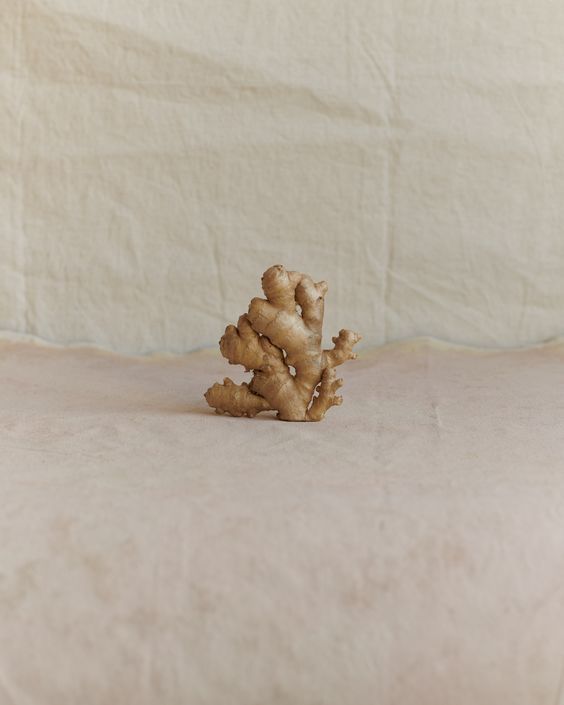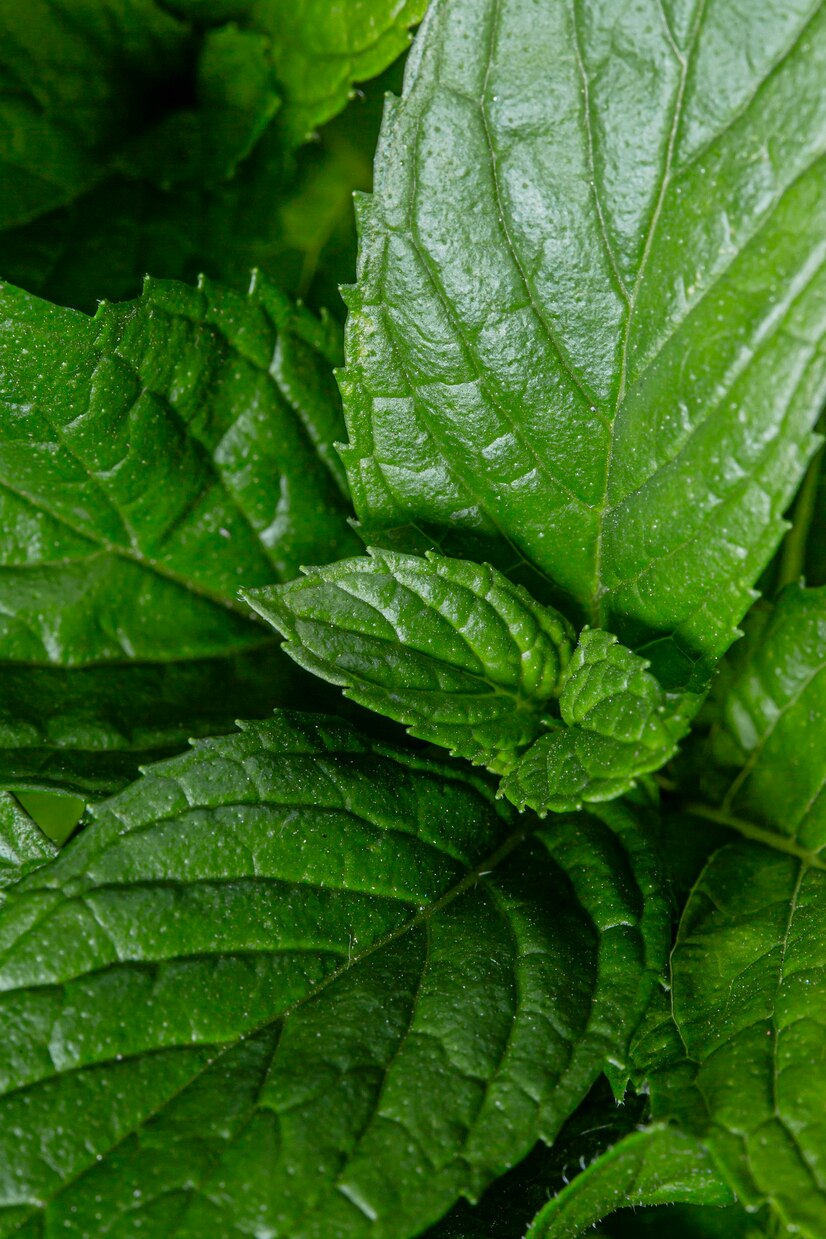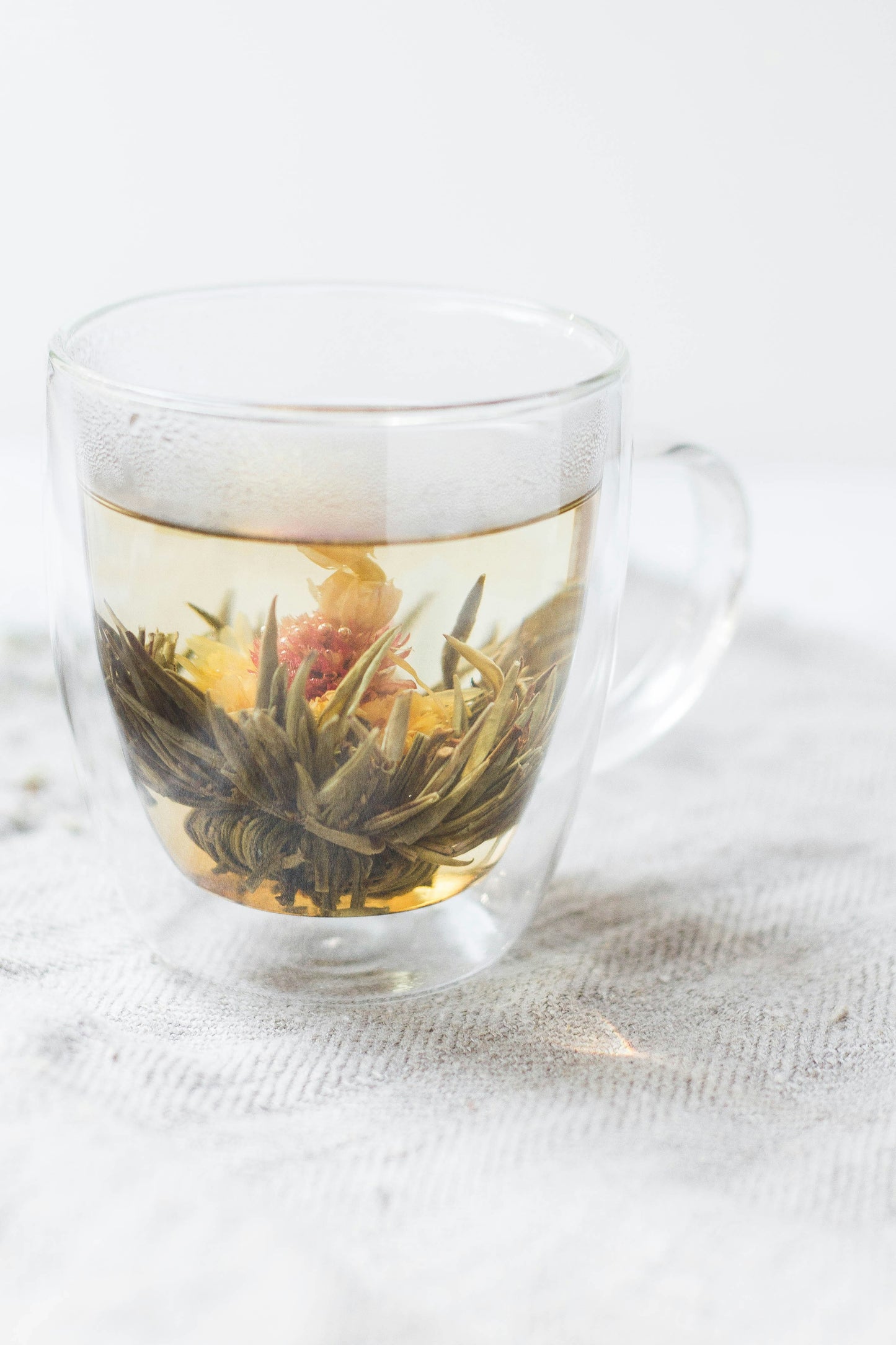
As flu season approaches, many of us look for ways to bolster our immune systems. While a balanced diet, regular exercise, and adequate sleep are key, certain herbs can also play a significant role in supporting your immune health. These natural remedies, used for centuries across different cultures, may help your body fight off viruses and infections more effectively. Here are some of the best herbs to consider during flu season:
1. Elderberry (Sambucus Nigra)
Elderberry has been traditionally used as a remedy for colds and flu for centuries. It’s packed with antioxidants and vitamins like vitamin C, which are known to boost the immune system. Studies have shown that elderberry extract can reduce the severity and duration of flu symptoms if taken at the first sign of illness. Elderberry works by inhibiting viral replication and may also stimulate the immune response.
- How to use: Elderberry is commonly consumed as a syrup, tincture, or in supplement form. It can also be brewed into a tea.
2. Echinacea (Echinacea purpurea)
Echinacea is a well-known immune-boosting herb, commonly used to reduce the risk of getting a cold or the flu. It contains compounds that increase the number of white blood cells, which help fight infections. It’s best taken at the first sign of illness to maximize its effectiveness. Research suggests echinacea may reduce the chances of catching a cold by 50% and shorten its duration.
- How to use: Echinacea is available in capsules, tinctures, and teas. It can be taken daily as a preventive measure or at the onset of symptoms.
3. Astragalus (Astragalus membranaceus)
Astragalus is an adaptogen herb, meaning it helps the body adapt to stress, which can be critical during flu season. It has a long history of use in traditional Chinese medicine for enhancing immunity. Astragalus works by increasing the body's production of T-cells, which are essential for the immune response, and by improving the function of the spleen, where many immune cells are stored.
- How to use: Astragalus is often consumed as a tea, capsule, or tincture. It can be taken long-term for overall immune health support, especially during the colder months.
4. Garlic (Allium sativum)
Garlic is not only a culinary staple but also a powerful medicinal herb. It has potent antibacterial, antiviral, and antifungal properties, making it an excellent choice for immune support. Allicin, a compound in garlic, is responsible for its immune-boosting effects. Some research indicates that regular consumption of garlic may reduce the incidence of the common cold and flu.
- How to use: Raw garlic can be added to meals, or you can take it in supplement form. For maximum benefit, crush or chop raw garlic and let it sit for 10 minutes before consuming it to activate the allicin.
5. Ginger (Zingiber officinale)
Ginger is well-known for its anti-inflammatory and antioxidant properties. It helps boost the immune system and also acts as a natural remedy for sore throats, coughs, and digestive issues that often accompany colds and flu. Ginger can stimulate the production of heat in the body, promoting sweating, which may help to flush out toxins and pathogens.
- How to use: Ginger can be grated into teas, smoothies, soups, or consumed in supplement form. Fresh ginger tea with honey and lemon is a soothing option during flu season.
6. Turmeric (Curcuma longa)
Turmeric, another anti-inflammatory powerhouse, contains curcumin, a compound that helps regulate the immune system by modulating the body’s inflammatory response. Chronic inflammation can weaken the immune system, so turmeric's ability to reduce inflammation can help protect you from viruses and bacteria during flu season.
- How to use: Turmeric can be added to curries, soups, and smoothies or consumed as a supplement. To enhance absorption, consume turmeric with black pepper or fat, as these increase curcumin’s bioavailability.
7. Andrographis (Andrographis paniculata)
Andrographis is a lesser-known herb that has gained popularity for its ability to treat colds and respiratory infections. Studies have shown that it can reduce the severity of symptoms, shorten the duration of illness, and help prevent complications such as bronchitis. It works by boosting immune response and inhibiting viral replication.
- How to use: Andrographis is available in capsules or tinctures and can be taken as a preventative or at the onset of illness.
8. Licorice Root (Glycyrrhiza glabra)
Licorice root has been used in traditional medicine for centuries to soothe sore throats and support the immune system. It has antiviral, antibacterial, and anti-inflammatory properties that make it a useful herb during flu season. Licorice root can help reduce coughing, ease breathing, and may also prevent the growth of viruses.
- How to use: Licorice root is typically consumed as tea or in supplement form. Be cautious with long-term use, as it can cause side effects such as elevated blood pressure in some individuals.
How to Incorporate Herbs Into Your Routine
These herbs can be taken in various forms, such as teas, tinctures, capsules, or added to meals. It’s important to follow recommended dosages, as overconsumption can lead to unwanted side effects. For individuals with health conditions or those taking medication, consulting with a healthcare provider is recommended before starting any herbal regimen.
Flu season can be a challenging time, but these herbs can provide valuable support to your immune system. From boosting your body’s natural defenses to relieving symptoms once illness strikes, incorporating elderberry, echinacea, garlic, ginger, and other powerful herbs into your daily routine can help keep you healthy. As always, a holistic approach—paired with a healthy diet, hydration, sleep, and stress management—offers the best defense against seasonal illnesses.
Stay healthy,
xoxo
verda organics



